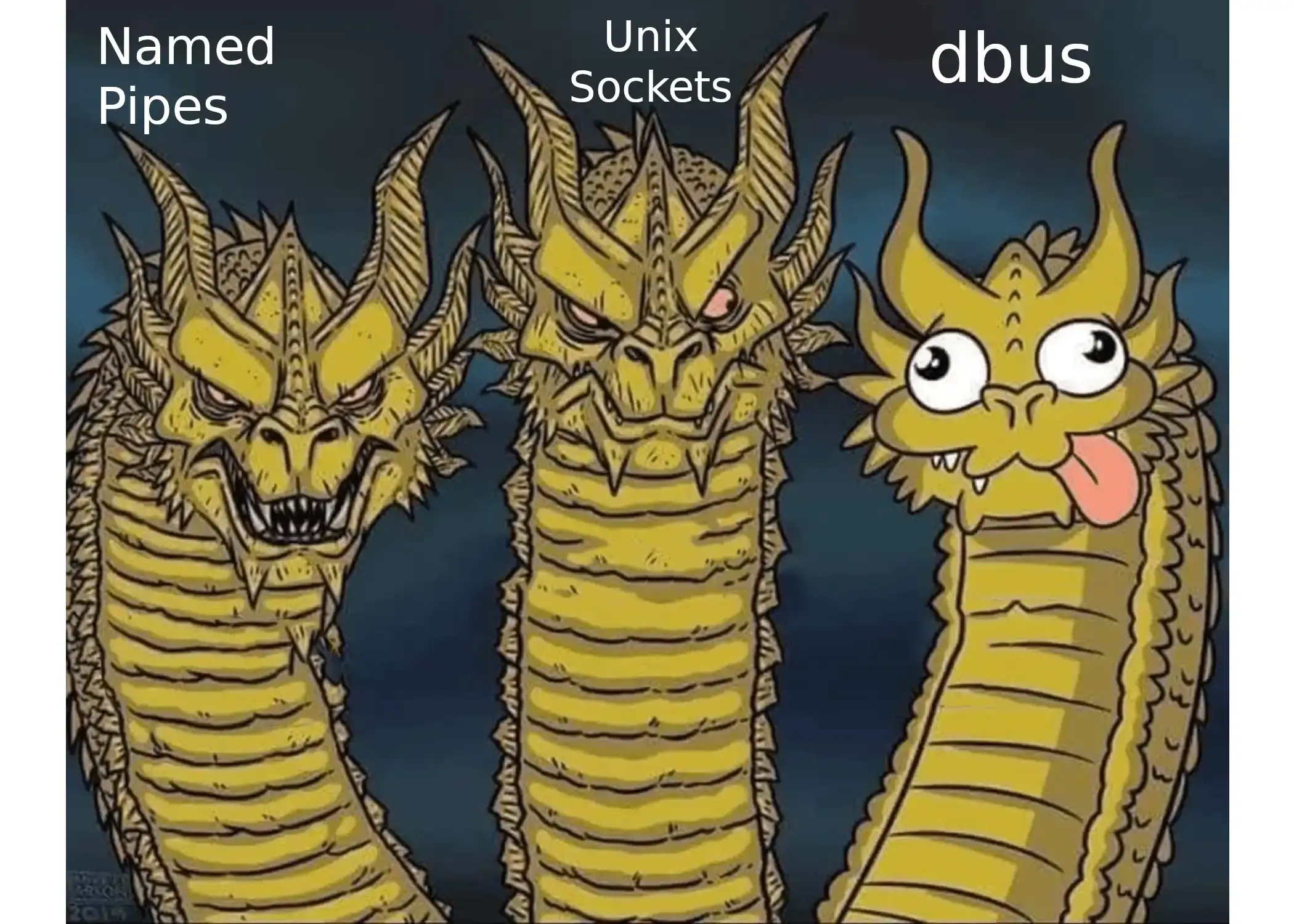this post was submitted on 28 Dec 2023
203 points (82.0% liked)
Linux
48209 readers
1445 users here now
From Wikipedia, the free encyclopedia
Linux is a family of open source Unix-like operating systems based on the Linux kernel, an operating system kernel first released on September 17, 1991 by Linus Torvalds. Linux is typically packaged in a Linux distribution (or distro for short).
Distributions include the Linux kernel and supporting system software and libraries, many of which are provided by the GNU Project. Many Linux distributions use the word "Linux" in their name, but the Free Software Foundation uses the name GNU/Linux to emphasize the importance of GNU software, causing some controversy.
Rules
- Posts must be relevant to operating systems running the Linux kernel. GNU/Linux or otherwise.
- No misinformation
- No NSFW content
- No hate speech, bigotry, etc
Related Communities
Community icon by Alpár-Etele Méder, licensed under CC BY 3.0
founded 5 years ago
MODERATORS
you are viewing a single comment's thread
view the rest of the comments
view the rest of the comments

Yes, of course, the sockets are the answer to everything (and BTW, d-bus uses sockets as well, e.g.
/run/dbus/system_bus_socketon my current system), but the problem is no standard for the communication over these sockets (or where is the socket located). For example, X11 developed one system of communicating over their socket, but it was used just by few X11 programs, and everybody else had their other system of communication. And even if an app found some socket, there was absolutely no standard how exactly should programs communicate over it. How to send more than just plain ASCII strings? Each program had to write their own serialization/deserialization code, their own format for marshalling binary data, etc. Now there is just one standard for those protocols, and even libraries with the standard (and well tested) code for it.There's still no standard on how to use dbus so I don't get your point